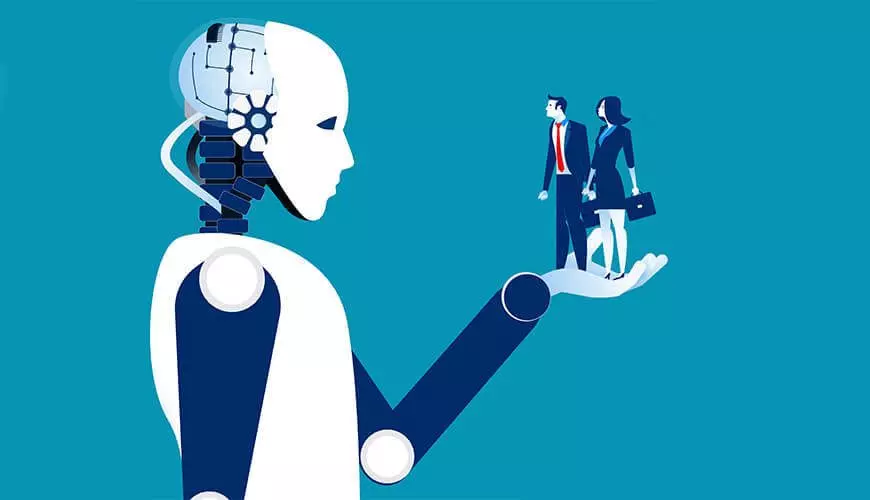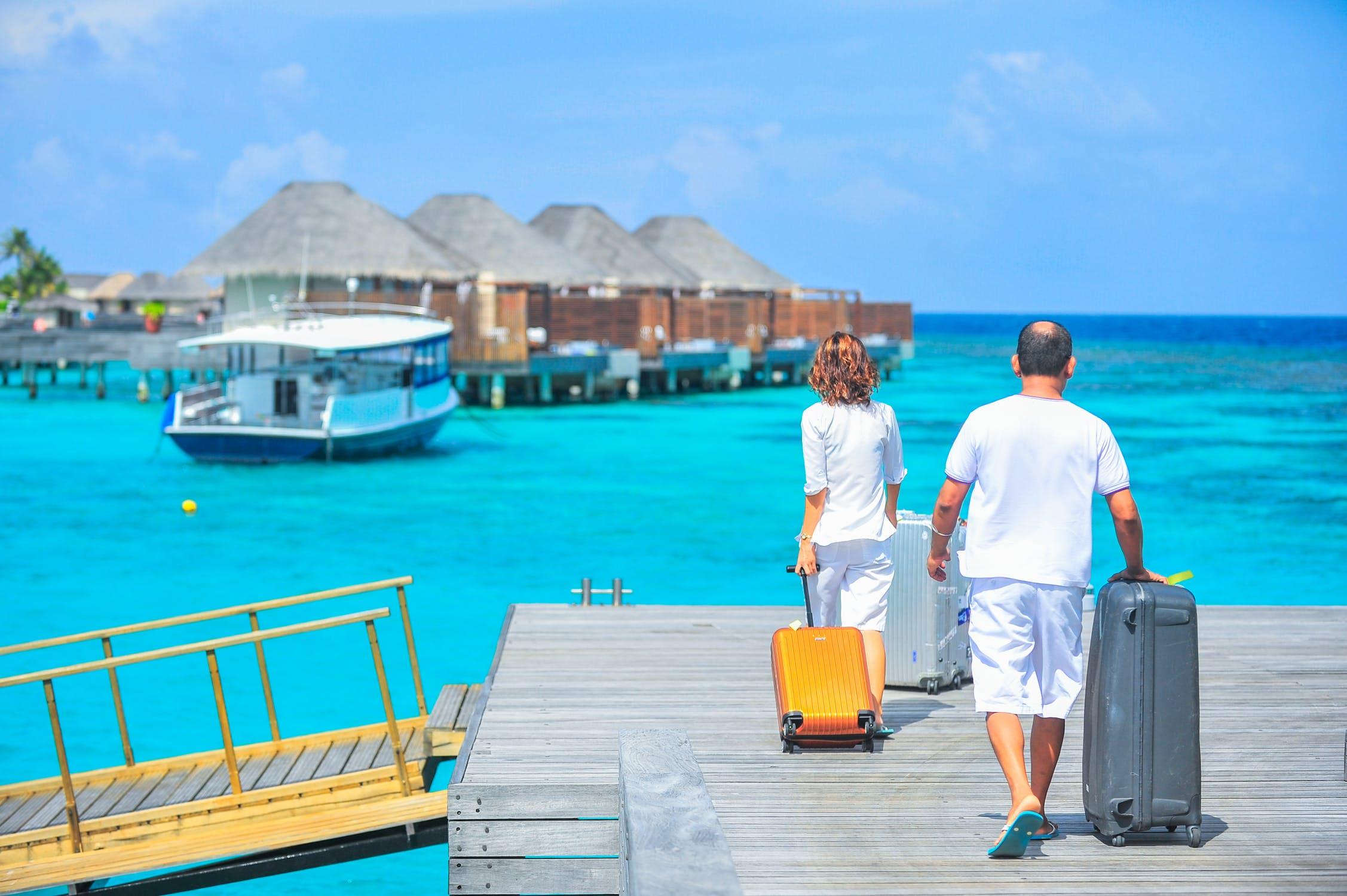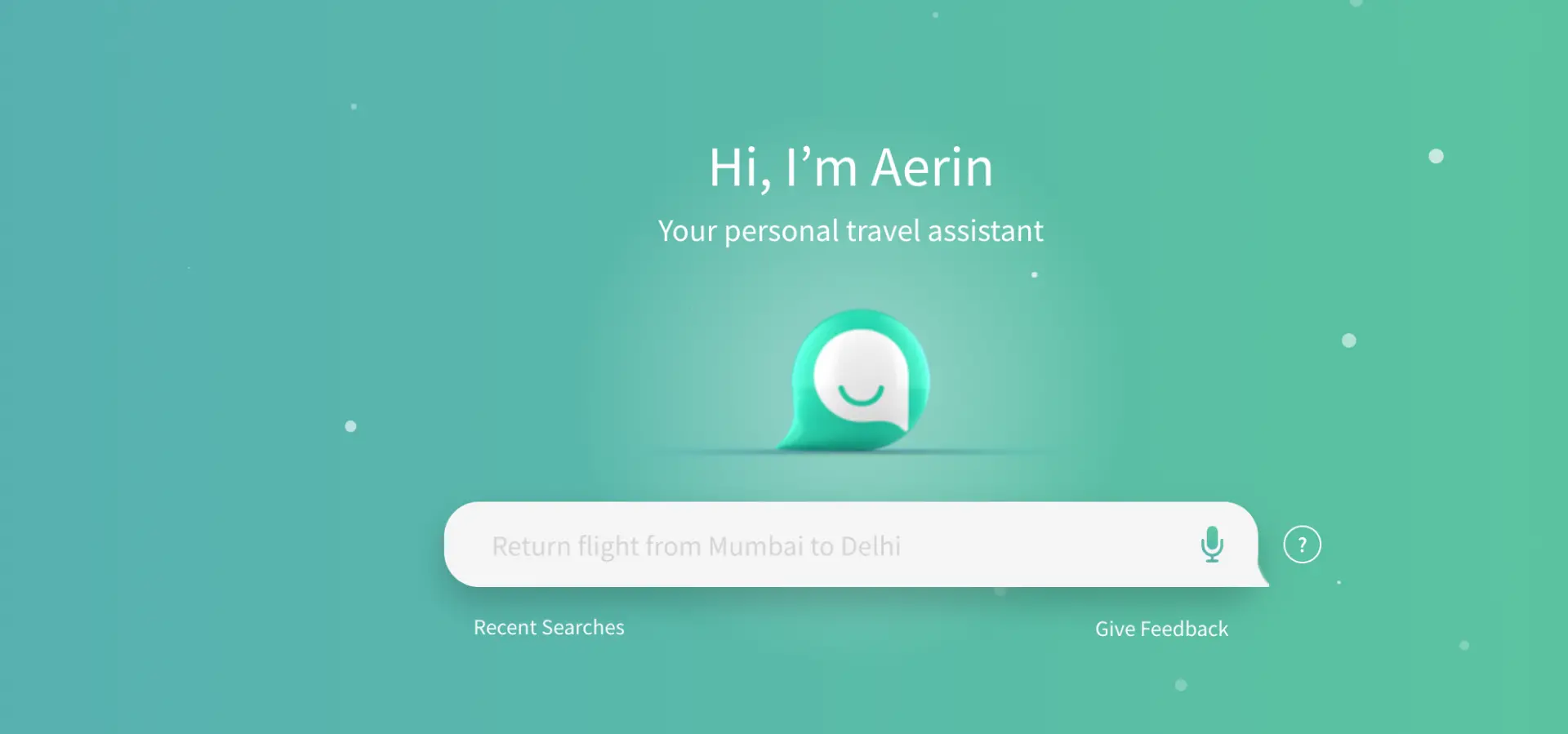Comments
- No comments found

The travel and tourism industry has grown rapidly, breaking previous records and is creating new milestones each year.
However, the status quo got altered in the last two years due to the pandemic and hit the industry significantly. Though slowly but surely, everything is getting back to normalcy. It would not be an overstatement to say that technology has come to the rescue during these trying times for the travel and tourism industry. With the rapid advancement and adoption of the technological trends in travel and tourism, it has become easy to carry out the day-to-day tasks and experiences for the customers and the industry staff.

Travel technology is a term used for the application of IT (Information technology) and ITC (Information and Communications Technology) for planning trips and accomplishing day-to-day tasks in the industry by the customers and industry staff. With the help of Travel technology, one can plan and execute any trip with ease and offer the best experiences. Travellers usually get disconnected from the outside world while travelling to remote destinations. Travel technology makes it possible for you to stay connected with work (in case of emergency or if you can't take time off work) and your family & friends. So it's possible to attend a work conference while sitting in the Airbnb in the mountains as you enjoy an incredible sunset.

Voice search and voice control are important Travel technology trends available in most websites that provide travel and tourism industry services. The voice control and voice search features have easy availability (Smartphones, AI assistants, Smart speakers, etc.) and user experience.
The technology is also being increasingly used in hotels with a vision to improve the travel experience with contactless service. For example, most hotels have installed voice control devices for room lighting and heating tasks.
Tourists can also obtain information about the hotel services and travel guides with the help of voice search and voice control without actually interacting with the hotel staff in person, thus helping maintain social distancing and safety.
For example, travel planning website Aertrip has enabled Aerin—a personal travel assistant. With Aerin, you can find the best hotels & flight deals with simple voice commands within seconds!
Robots have been an active part of the travel and tourism industry in recent years. One of the most frequently used robots in the industry is a Chatbot. A Chatbot is a computer program, Which participates in a live chat with the user. The conversation with a Chatbot is designed to simulate human conversation and can be done through texts or voice control. Users have been actively using Chatbots to gather travel information, including hotel recommendations & reviews, and travel guides. Including Chatbots, some hotels use actual ROBOTS! Hotels like Marriott, Hilton, and InterContinental have robots named Mario, Connie, the concierge, and Dash, respectively, to perform different tasks, including helping with check-ins, hotel inspection, transportation, welcoming guests, and helping as waiters in the hotel restaurant.
Contactless Payment is a digital mode of transaction which allows customers to make payments without any cash involved. Contactless Payments can be in the form of online banking, NFC Debit/Credit cards, Smartcards, or RFID technology. Contactless payments have proved their worth during the pandemic. The handiness of contactless payment is seen as a convenience by most tourists as they are nervous about any possible spread of the virus while making the payments. Contactless Payments are convenient and safe for the tourists and the hotel staff.
Virtual reality is a simulation technology that gives us a real-life view and experience with the help of visuals, sound, and special effects. Virtual reality (VR) is a technology used in many sectors, including entertainment, education, and business. But it's new to the travel industry. A VR in the travel and tourism industry is responsible for delivering the real-life experiences of the travel destinations to the customers while sitting at home. These real-life simulations include hotel experiences, restaurants, visiting famous places, etc. VR travel technology boosted due to the situation because of the pandemic.
Augmented Reality is a stimulus technology that creates an enhanced version of the real-world scenery and elements such as visuals, sounds, and sensory stimuli. Augmented reality is often compared with virtual reality, but they have a lot of major differences. For example, augmented reality is cheaper than virtual reality. To experience augmented reality, the customer only requires a smartphone or tablet with internet access. Some applications use augmented reality to give the customers a real-life experience, including local destinations. Augmented reality is also used for photography and filters, which provide effects with the visuals of the particular destination.
A Chatbot is a computer program, Which participates in a live chat with the user. The conversation with a Chatbot is designed to simulate human conversation and can be done through texts or voice control. Users have been actively using Chatbots to gather travel information, including hotel recommendations & reviews and travel guidance. AI Chatbots provide 24/7 availability to the users. Tourists can also obtain information about the hotel services and travel guides with the help of AI Chatbot service from the hotel, without actually interacting with the hotel staff. This has helped maintain social distance and safety.
Cyber security is a very important issue nowadays, given that almost everything is done online. From booking your flights, hotel rooms, transactions of payments, and personal information, including your card details and address, every detail can be accessed by someone else. Companies in the Travel and tourism industry are often targeted for data breaches. With phishing and Ransomware attacks, third parties can easily access this data. With the latest technologies, these companies and hotels need to secure their websites and customer data and have updated cybersecurity training, including software and hardware solutions. Cyber Security breaches also sometimes take place due to human error or negligence.
The Internet of things is a collection of physical objects embedded with chips, sensors, or software to be connected or powered by the internet. This network between the appliances allows sharing of data and information. This technology is widely used in lamps, thermostats, lightings, refrigerators, etc. IoT in the travel and tourism industry is new, but it's growing rapidly. It is used in hotel rooms to control lighting, temperature, and other appliances from one place. This technology can also be used on customer luggage. Presently, the technology gathers customer data and creates personalized and targeted services and advertisements.
Recognition technology has recently become popular in the Travel and tourism industry. Lost your keys? Not a problem because there are no keys.
Recognition technology is used in hotels instead of room keys. Recognition technology includes fingerprint recognition, facial recognition, retina scanning, and other different biometric identifiers. The face recognition technology gives a more personalized experience to the customers along with higher security.
Artificial intelligence is a technology that allows a computer system to perform tasks like humans, including decision making, speech recognition & voice control, and visual perception. Artificial intelligence is often used in the travel and tourism industry to collect data about the customers and provide them with a more personalized environment and services. AI-powered systems analyze customer data and reviews and deliver faster results for queries or requests. Artificial intelligence is also used in the industry in Chatbots and robots. Chatbots gather travel information, including hotel recommendations & reviews, and travel guidance rather easily. AI-powered robots also perform different tasks, including helping with check-ins, hotel inspection, transportation, welcoming guests, and helping as waiters in the hotel restaurant.
Mihir Gadhvi is the co-founder of illustrake and HAYD. Illustrake is a D2C Enabler and offers Performance Marketing, Retention Marketing, and Content Creation Services. HAYD is a brand New, homegrown fashion line that aims to make clothing easy for us without taxing our planet. Although the concept is quite known now, HAYD wants to accomplish sustainability by reducing its impact on the environment with safe and fair manufacturing.
Leave your comments
Post comment as a guest